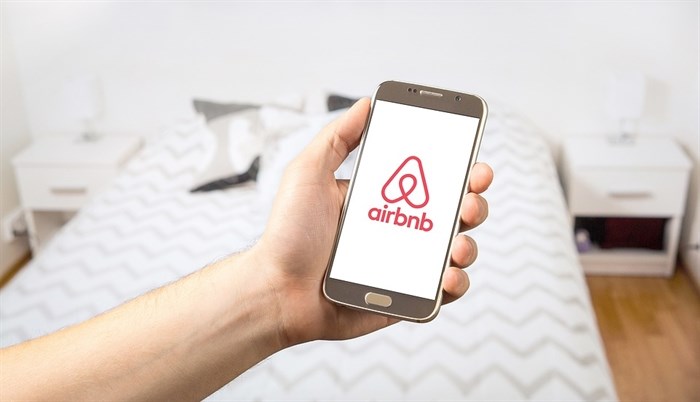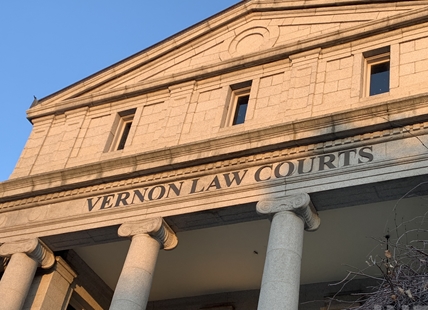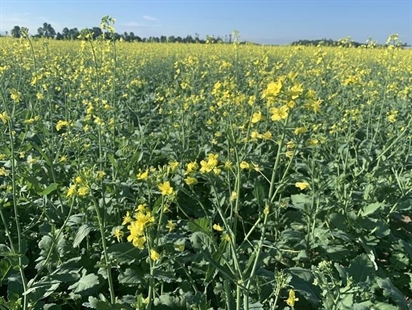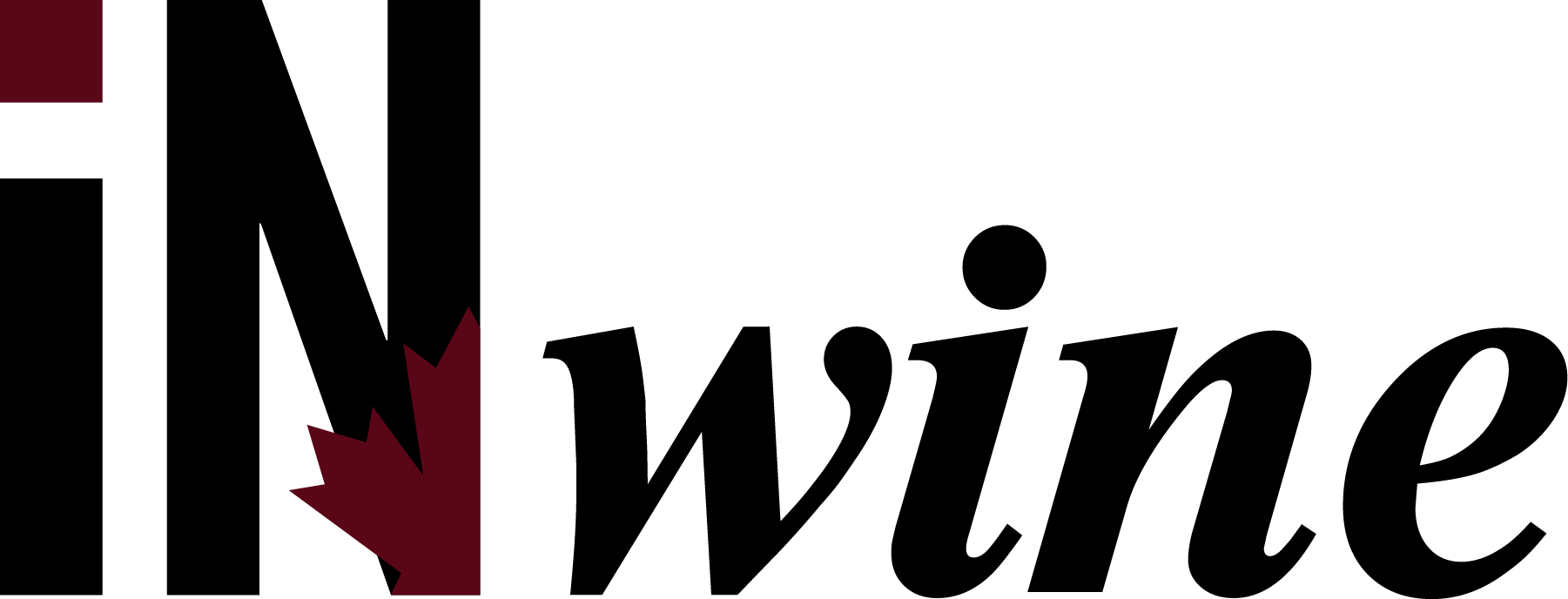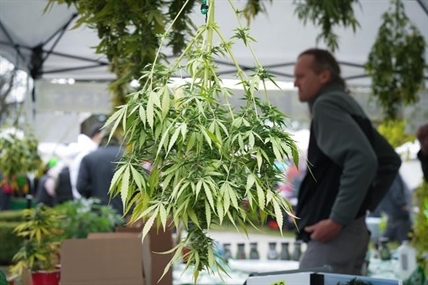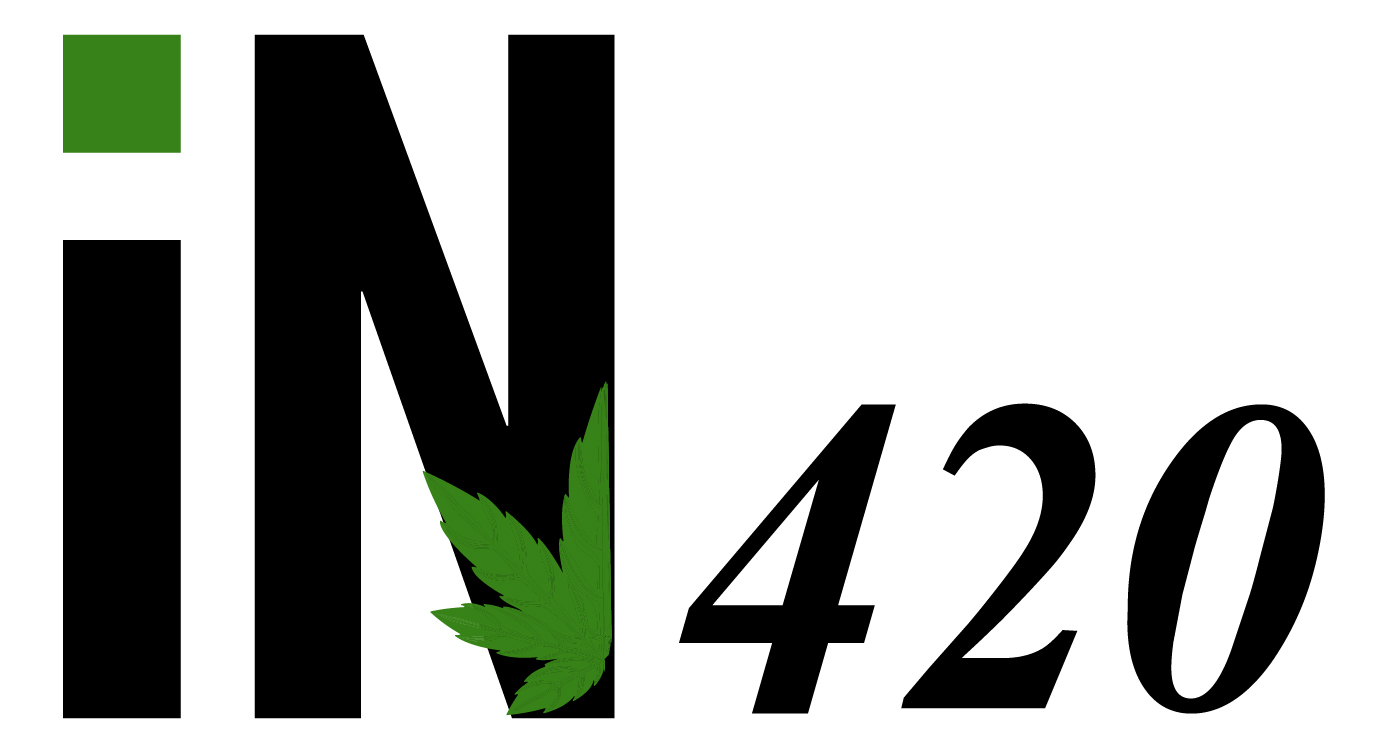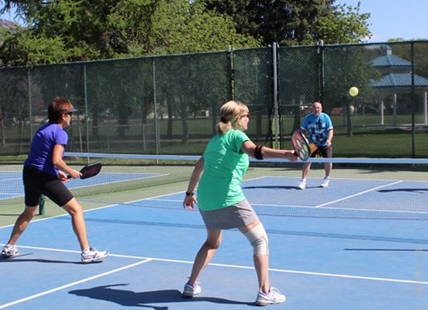Kamloops and Okanagan getting help from province to crack down on short-term rentals
New provincial rules will force short-term rental platforms like Airbnb and Vrbo to post business licence numbers and share data in an effort to try to get more homes back into the long-term rental market.
“The number of short-term rentals in B.C. has ballooned in recent years, removing thousands of long-term homes from the market,” Premier David Eby said in a news release issued today, Oct. 16, announcing the introduction of the new legislation.
READ MORE: Commercial Airbnbs cost Thompson-Okanagan renters hundreds of extra dollars every month
Kamloops and six Okanagan cities will be covered by the new rules that apply to cities with more than 10,000 residents, although smaller communities can pass bylaws opting into the program. In the Okanagan, those cities include Kelowna, Vernon, Penticton, West Kelowna, Summerland and Coldstream.
Regional districts will also get the power to regulate the rentals.
One key change is the requirement for only principal residences and/or suites or carriage houses to be rented short term (less than 30 days at a time).
Principal residences are defined as “a place in which an individual lives for a longer period in a calendar year than any other place.”
Cities with vacancy rates of 3% or more can opt out of the principal residence rule. Only West Kelowna, of the six listed in the Thompson-Okanagan region, has a vacancy rate of more than 3% but that city already has principal residency rules in its bylaws.
READ MORE: B.C. to bring in new rules on short-term rentals to create more housing
Another change is that fines for breaking bylaws can be increased to $3,000 per day from the current limit of $1,000. Those rules are expected to be in place by May 1.
At that time, the rental platforms will also have to list business licence numbers in all their ads where they are required by local governments and remove ads quickly that do not comply.
By next summer, rental platforms will be required to share their data with the province which will create a provincial registry by the end of next year.
“This is an important step to help ensure there is a diverse housing supply available for our rapidly growing city,” Kelowna Mayor Tom Dyas said in the news release. “The need is great: as an example, we hear regularly from our tourism industry of the challenge their staff have in finding housing and this will go a long way to change that situation, and many similar housing challenges in our community.”
READ MORE: Kelowna set to crack down on short-term rentals
There are 26,000 active short-tern rental listings in BC every day, an increase of 20% from a year ago, the province says. Those include more than 16,000 entire homes that are listed as short-term rentals for the majority of the year.
“Operators with multiple listings are taking homes off the long-term market to make big profits while people pay the price,” Housing Minister Ravi Kahlon said in the news release.
The province says the short-term rental market is “dominated by a small segment of profit-driven operators.”
It cites McGill University research that found 10% of hosts earn almost half of all revenues. It also says that close to half of all operators have more than one property listed for rent.
To contact a reporter for this story, email Rob Munro or call 250-808-0143 or email the editor. You can also submit photos, videos or news tips to the newsroom and be entered to win a monthly prize draw.
We welcome your comments and opinions on our stories but play nice. We won't censor or delete comments unless they contain off-topic statements or links, unnecessary vulgarity, false facts, spam or obviously fake profiles. If you have any concerns about what you see in comments, email the editor in the link above. SUBSCRIBE to our awesome newsletter here.


